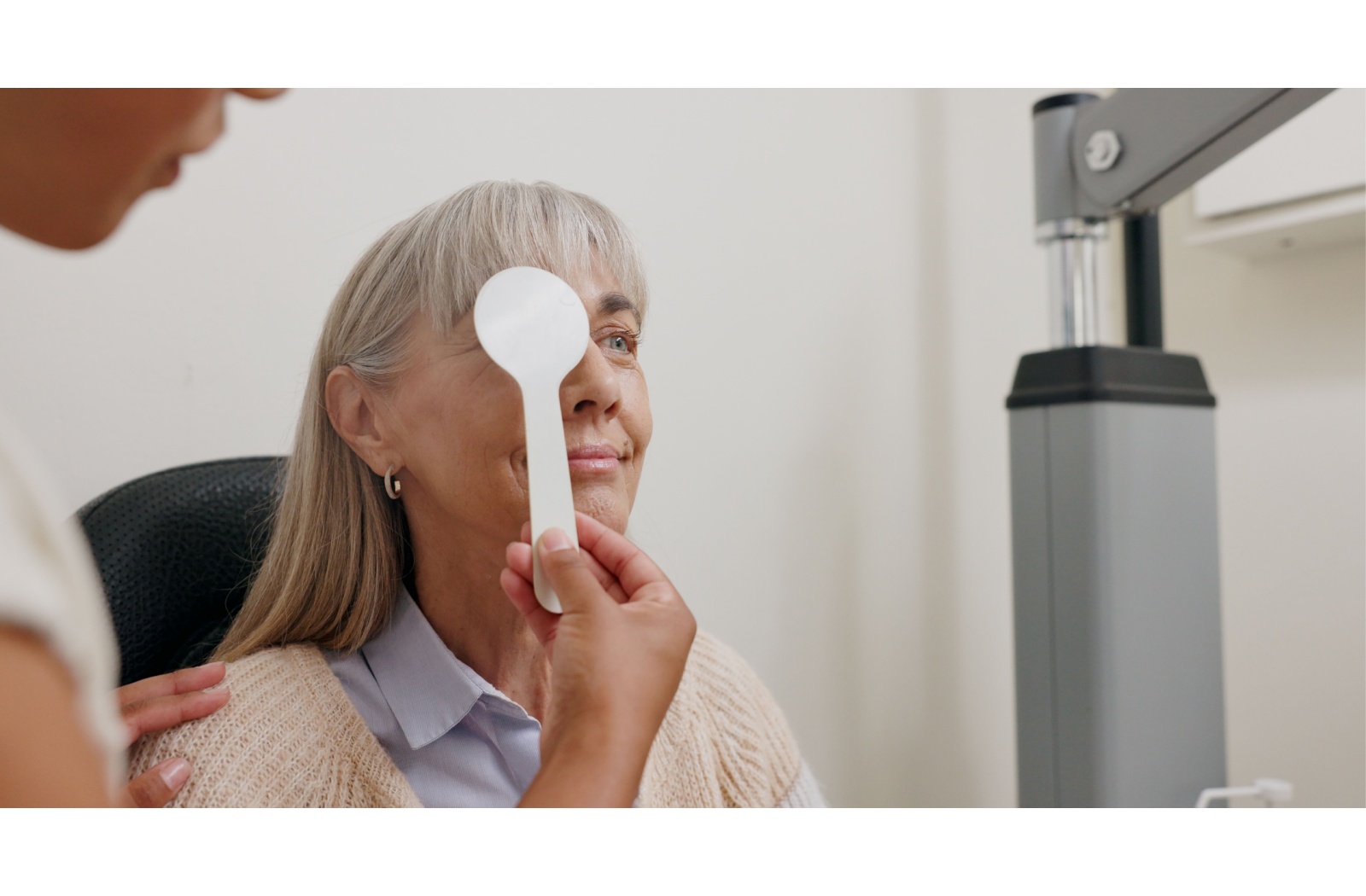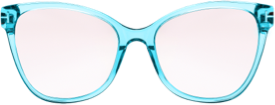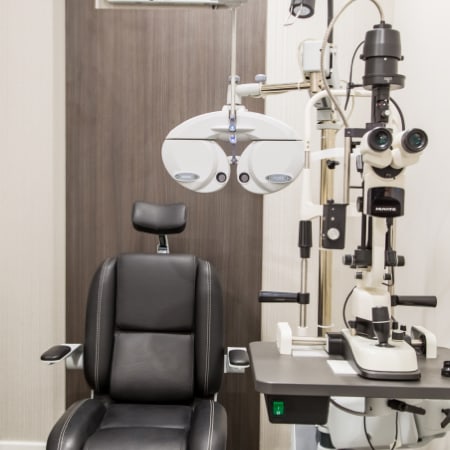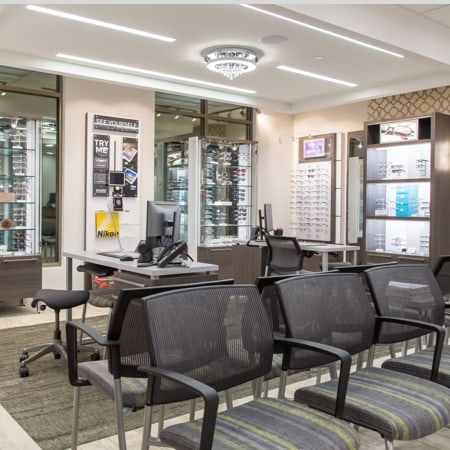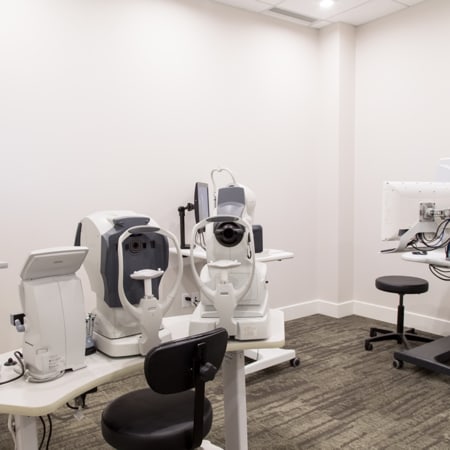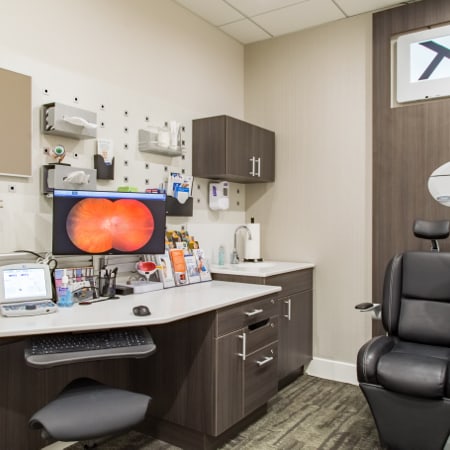You’re sitting in the waiting room, checking your watch and wondering if you’ll make it to your next appointment on time. Planning your day around medical visits can feel stressful when you don’t know what to expect, especially when scheduling eye exams online for your entire family.
A typical eye exam takes 30 to 60 minutes, depending on your specific needs and whether you require additional tests or services. The time can vary based on factors like your age, health history, and whether you’re a new patient or returning for routine care. Understanding the importance of comprehensive eye exams helps you plan accordingly for these essential health appointments.
Typical Eye Exam Duration
Standard Appointment Length
Most routine eye exams require about 45 minutes from start to finish. This includes time for paperwork, testing, and discussion with your optometrist about your results.
If you’re coming in for a basic vision check and prescription update, you might be done in 30 minutes. However, comprehensive eye exams often take the full hour, especially if we discover something that needs closer attention.
Factors That Affect Your Visit Time
Several elements can influence how long you’ll spend in our office. Your age plays a role, children and seniors often need more thorough evaluations that can extend the appointment.
New patients typically require longer visits since we need to establish your complete eye health history. If you have existing conditions like diabetes or high blood pressure, we’ll spend extra time monitoring how these affect your vision.
The complexity of your prescription also matters. If you have astigmatism or need progressive lenses, additional measurements and fittings can add 15-20 minutes to your visit.
What Happens During Your Eye Exam
Initial Health History & Vision Assessment
Your appointment begins with a review of your medical history and any vision concerns you’ve noticed. We’ll ask about medications you’re taking and any family history of eye problems.
Next, we’ll test your current vision using the familiar eye chart. This basic screening takes just a few minutes but gives us important baseline information about your sight.
Eye Health Tests & Measurements
The main portion of your exam includes several tests that help assess your overall eye health. We’ll measure your eye pressure, check your pupils’ response to light, and evaluate how well your eyes work together.
Using advanced imaging technology, we’ll capture detailed views of the back of your eyes to look for early signs of conditions such as glaucoma, macular degeneration, or retinal disease. These tests are quick, noninvasive, and provide a comprehensive understanding of your ocular health, typically without the need for dilation.
We may also test your peripheral vision and colour perception. Each of these assessments only takes a few minutes but helps us build a complete picture of your vision and eye function.
Prescription Updates for Eyeglasses & Contact Lenses
If you wear corrective lenses, we’ll determine if your current prescription still meets your needs. This involves trying different lens powers while you read letters on the chart.
The “which is better, one or two” portion of the exam typically takes 10-15 minutes. We’ll fine-tune your prescription until you achieve the clearest possible vision.
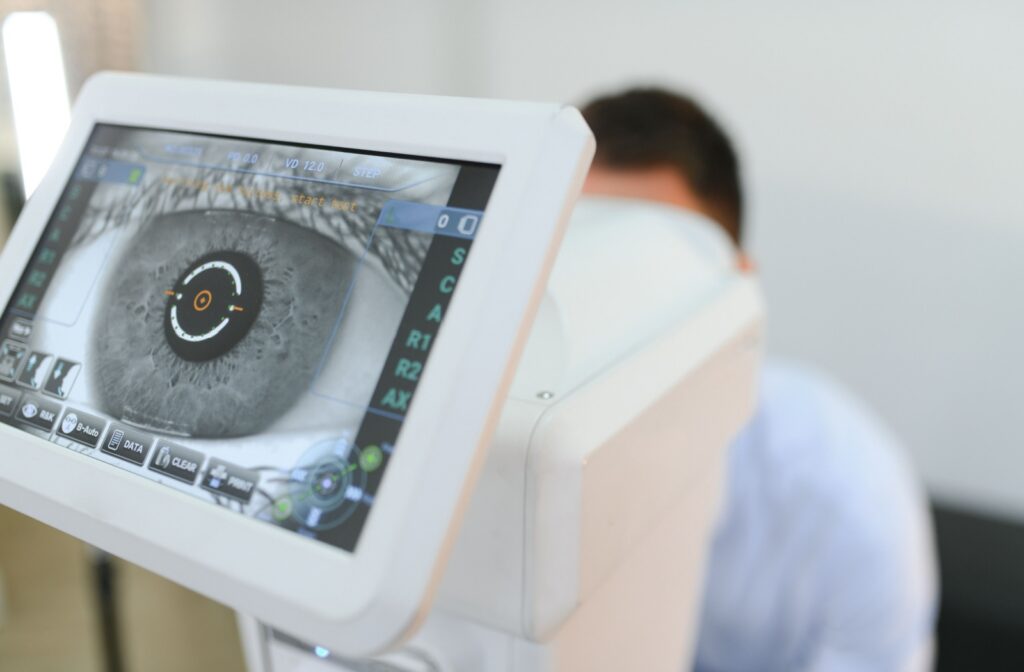
Types of Eye Exams & Time Requirements
Routine Family Eye Care Visits
Annual check-ups for family members with healthy eyes usually take 30-45 minutes. These appointments focus on maintaining good vision and catching potential problems early.
Children’s exams might take slightly longer since we need to ensure they understand the tests. We use age-appropriate techniques to keep young patients comfortable and engaged.
Comprehensive Exams for New Patients
First-time patients should plan for a full hour appointment. We need time to establish your baseline eye health and create a complete record of your vision history.
These thorough exams include additional tests that help us understand your unique eye care needs. The extra time investment helps us provide more personalized care going forward.
Follow-up Appointments
If you’re returning to monitor a specific condition, these visits are often shorter. Follow-up appointments for conditions like dry eyes or minor prescription changes typically take 20-30 minutes.
However, if we need to track changes in eye disease or adjust treatment plans, you might need the full 45 minutes. We’ll let you know when scheduling what to expect for your specific situation.
Special Tests That Can Extend Your Appointment
Dry Eye Therapy Evaluations
If you’re experiencing dry, irritated eyes, we’ll need additional time to assess your tear production and quality. These specialized tests can add 15-20 minutes to your appointment.
We use advanced diagnostic tools to measure how well your eyes produce and maintain tears. This information helps us recommend the most effective dry eye therapy for your needs.
Contact Lens Fittings
Getting fitted for new contact lenses requires extra time for measurements and trial fittings. First-time contact lens wearers should expect to spend an additional 30 minutes learning proper insertion and care techniques.
Even experienced contact lens users need time for proper fitting when switching brands or types. We’ll ensure your new lenses fit comfortably and provide clear vision before you leave.
Additional Screening Tests
Depending on your age and risk factors, we might recommend additional screening tests. These could include retinal imaging or scans to detect glaucoma early.
Most supplementary tests take just a few minutes each but can add 10-15 minutes to your total visit time. These screenings provide valuable information for protecting your long-term eye health.
How to Prepare for Your Optometrist Visit
What to Bring to Your Appointment
Arrive with your current eyeglasses and contact lenses, even if you think your prescription needs updating. We need to see what you’re currently using to make appropriate recommendations.
Bring a list of your medications and any insurance cards or health information we might need. Having this information ready can help your appointment move along more smoothly, and you can learn more about our payment options.
Questions to Ask Your Eye Doctor
Think about any vision changes you’ve noticed since your last visit. Write down questions about digital eye strain, headaches, or concerns about your eye health history.
Don’t hesitate to ask about new eyewear options or treatments for any symptoms you’re experiencing. Your appointment time includes discussion about your concerns and treatment options.
Protect Your Vision with Comprehensive Eye Care
At Upper Richmond Optometry, we value your time and are committed to delivering thorough, efficient care during every visit. Our comprehensive eye exams are designed to safeguard your vision while accommodating your busy lifestyle.Contact us today to schedule your next eye care appointment and experience the personalized, attentive service our patients trust.

